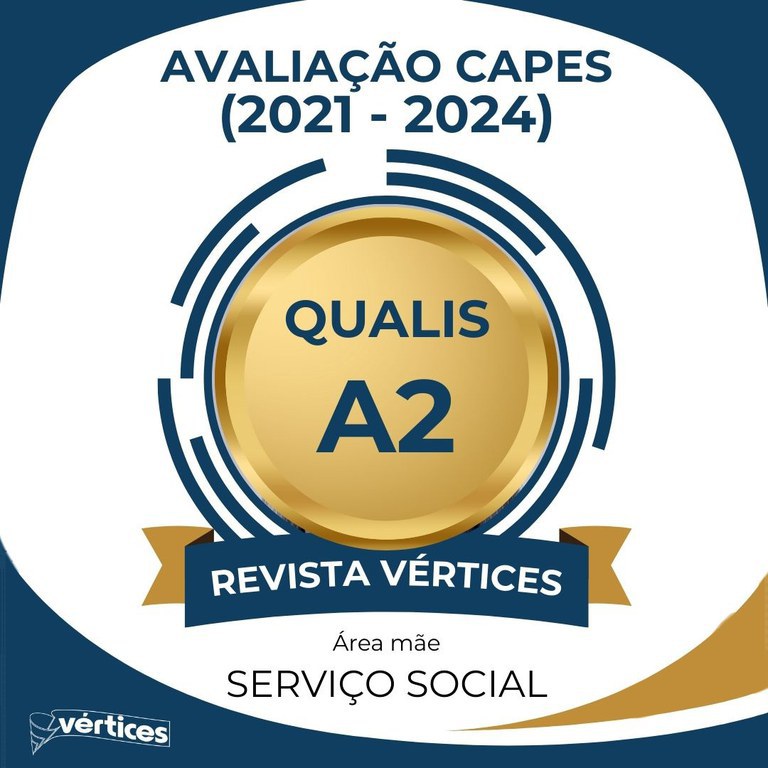Centralization or Democracy? A reflection on the educational management in the Brazilian federal education system, in view of the prospects of an educational democratization
DOI:
https://doi.org/10.5935/1809-2667.20130028Keywords:
Educational Management, Democracy, Federal Institutes of Science Education and TechnologyAbstract
This paper reflects on the necessity to practice participatory management in public education, focuses on the newly established Federal Institutes of Science Education and Technology. It builds on the model of educational management practiced at the “Instituto Federal Baiano”, to discuss how the transformation of the former federal agro technical schools in the Federal Institutes (IF'S) was not sufficient to break the old paradigm characterized by the maintenance of oligarchies in decision-making processes in those schools. It also discusses how personal and political interests may exclude the participation of some school segments (teaching staff, teachers, administrative staff, students and parents) in decision-making and further contribute to the maintenance of vertical-hierarchical power held by principals. The study proposes solutions to converge interests regarding management in public education without losing sight of the National Education Guidelines Law of 1996 (LDB 9394/96), which advocates the participation of the administrative staff and teachers in developing the school pedagogical project, and of the school community in school boards or equivalent.Downloads
References
BARROS, A. J. P. de; LEHFELD, N. A. S. Fundamentos de metodologia: um guia para iniciação científica. 2. ed. São Paulo: Makron, 2000.
BRASIL. Lei nº. 11.892, de 29 de dezembro de 2008. Institui a Rede Federal de Educação Profissional, Científica e Tecnológica, cria os Institutos Federais de Educação, Ciência e Tecnologia, e dá outras providências. Disponível em: <http://www.planalto.gov.br/ ccivil_03/_ato2007-2010/2008/lei/l11892.htm>. Acesso em: 21 set. 2013.
BRASIL, Lei de Diretrizes de Bases da Educação Nacional, nº 9694/96. Disponível em: <http://www.planalto.gov.br/ccivil_03/leis/l9394.htm>. Acesso em: 15 jul. 2013.
BRASIL. Portal da Transparência do Governo Federal. Disponível em: <http://www.portaltransparencia.gov.br/servidores/OrgaoLotacao-ListaServidores.asp?CodOS=15000&DescOS=MINISTERIO%20DA%20EDUCACAO&CodOrg=26404&DescOrg=INSTITUTO%20FEDERAL%20BAIANO>. Acesso em: 21 set. 2013
BORDENAVE, Juan E. Díaz. O que é participação. São Paulo: Brasiliense, 1994, 84 p. (Coleção primeiros passos; 95).
BORDIGNON, Genuíno; GRACINDO, Regina Vinhaes. Gestão da educação: o município e a escola. In: FERREIRA, Naura Syria Carapeto; AGUIAR, Márcia Angela da S. Aguiar (Org). Gestão da educação: impasses, perspectivas e compromissos. São Paulo: Cortez, 2001. p. 147-176.
COLARES, Anselmo Alencar; COLARES, Maria Lilia Imbiriba Sousa. Do autoritarismo repressivo à construção da democracia participativa: história e gestão educacional. Campinas, SP: Autores Associados, 2003, 148p. (Coleção Biblioteca Anpae).
DIAS, Shirley Maria. A Escola Pública e sua Gestão Democrática. In: SANTOS, Evanildo N. S.Org. Escola Pública: Dificuldades de aprendizagem. Brasília: EVG, 2009.
FREIRE, Paulo, Pedagogia da autonomia: saberes necessários à prática educativa. São Paulo: Paz e Terra, 1996
GIL, Antonio Carlos. Como elaborar projetos de pesquisa. 4 ed. São Paulo: Atlas, 2007.
GHIRALDELLI JR, Paulo. História da Educação Brasileira. São Paulo: Cortez, 2006.
INSTITUTO FEDERAL DE EDUCAÇÃO, CIÊNCIA E TECNOLOGIA BAIANO. Pró Reitorias. Disponível em: <http://pro-reitorias.ifbaiano.edu.br/>. Acesso em: 20 set. 2013.
LUCK, Heloisa. Gestão Educacional: uma questão paradigmática. 3. ed. Petrópolis, RJ: Vozes, 2007.
OLIVEIRA, D.A. A reestruturação do trabalho docente: precarização e flexibilização. Educação & Sociedade, v.25, n.89. Campinas, 2004, p.1127-1144.
PARO, Vitor Henrique. Gestão democrática da escola pública. 3. ed. São Paulo: Ática, 1997. (Série: educação em ação).
RELATÓRIO DE GESTÃO, 2012. Instituto Federal Baiano de Educação, Ciência e Tecnologia Baiano. Salvador: Instituto Federal Baiano de Educação Ciência e Tecnologia Baiano, 2013. Disponível em: <http://proreitorias.ifbaiano.edu.br/portal/prodin/relatorio-de-gestao-2012/>. Acesso em: 20 set. 2013.
REGIMENTO INTERNO. Conselho Superior. Salvador: Instituto Federal de Educação Ciência e Tecnologia Baiano, Salvador, 2010.
REGIMENTO GERAL. Instituto Federal de Educação Ciência e Tecnologia Baiano. Salvador: Instituto Federal Baiano de Educação Ciência e Tecnologia Baiano, 2010. Disponível em: <http://pro-reitorias.ifbaiano.edu.br/portal/prodin/regimento-geral/>. Acesso em: 2013.
Downloads
Published
Issue
Section
License
The authors of the manuscript submitted to Vértices, hereby represented by the corresponding author, agree to the following terms:
The authors retain the copyright and grant Vértices the right of first publication.
At the same time the work is licensed under the Creative Commons Attribution 4.0 International License, allowing third parties to copy and redistribute the material in any medium or format and to remix, transform, and build upon its content for any legal purpose, even commercially, provided the original work is properly cited.
Authors will not receive any material reward for the manuscript and Essentia Editora will make it available online in Open Access mode, through its own system or other databases.
Authors are authorized to enter into additional contracts separately for non-exclusive distribution of the version of the work published in Vértices (eg, publish in institutional repository or as book chapter), with acknowledgment of authorship and initial publication in this journal.
Authors are permitted and encouraged to disseminate and distribute the post-print (ie final draft post-refereeing) or publisher's version/PDF at online information sources (eg, in institutional repositories or on their personal page) at any time after the first publication of the article by Vértices.
Essentia Editora may make normative, orthographic and grammatical changes in the originals in order to maintain the standard language, with the final consent of the authors.
The content and opinions expressed in the manuscript are the sole responsibility of the author (s).
























1.png)



